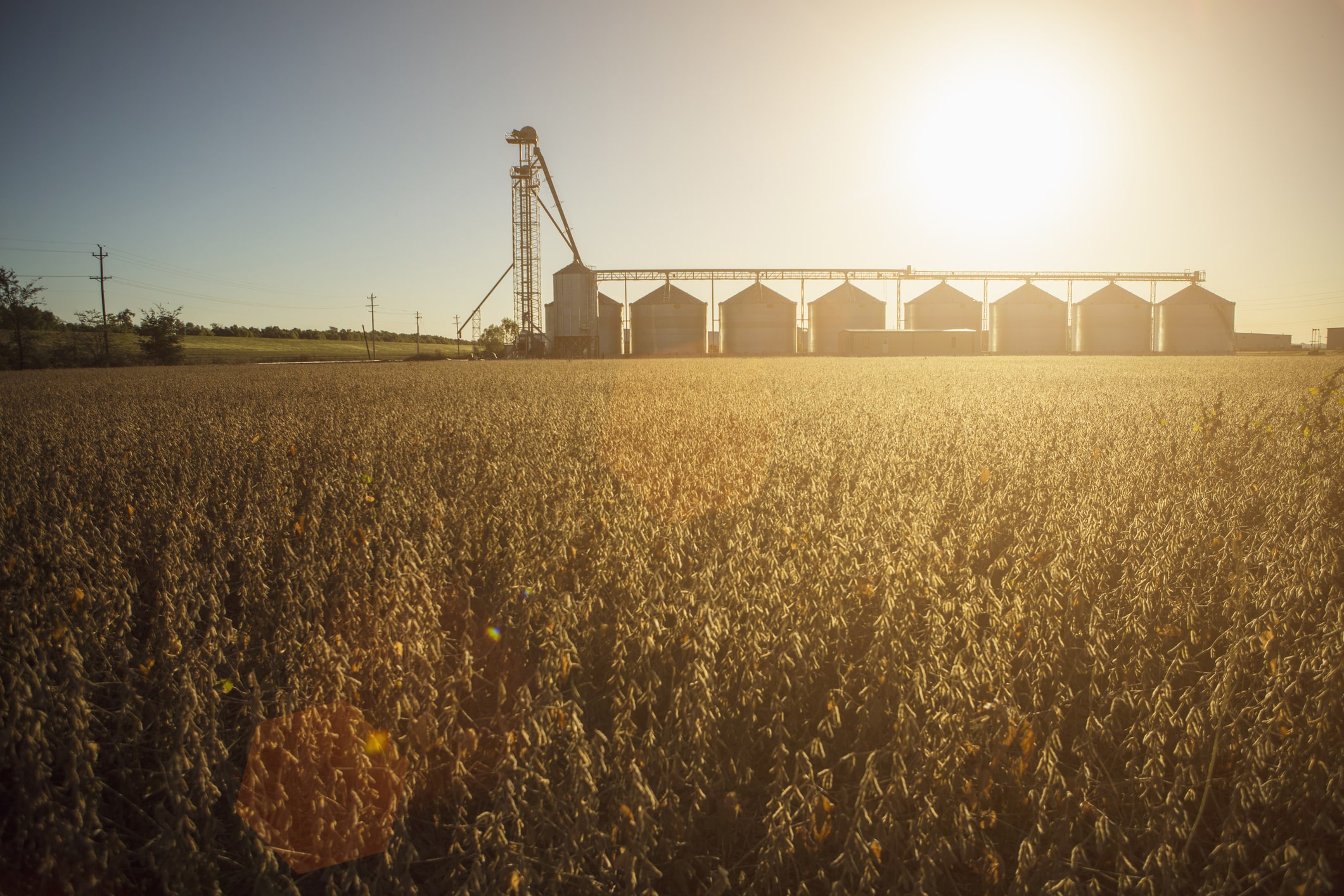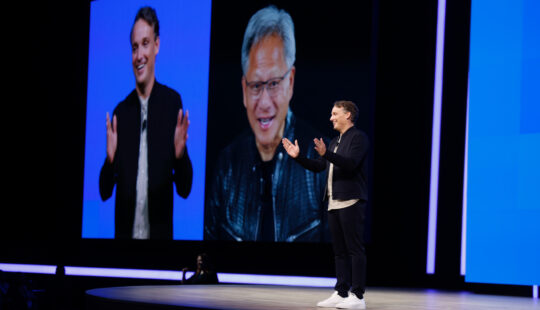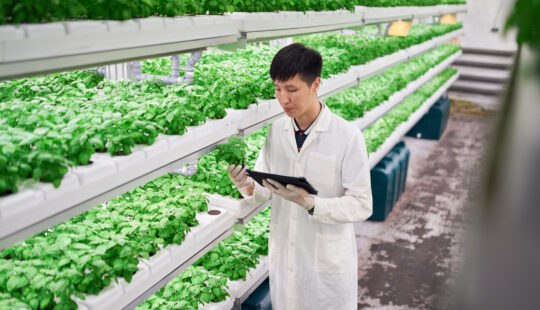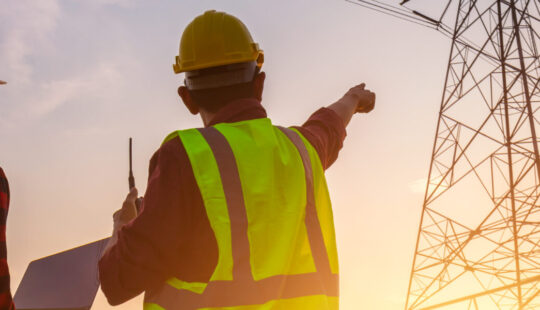Brewing is one of the world’s most enduring pastimes – and businesses. Lion has been at the forefront of the industry for more than a century, and today produces, markets, and sells beer, cider, seltzer, spirits, and wine, as well as coffee.
Enjoying a sociable drink and helping people live well is central to Lion’s commitment to be a force for good. Not only that, but the company aims to be a force for good across both society and the environment.
That’s why SAP recently travelled to Sydney, Australia, to meet with Libby Davidson, General Counsel and Head of Sustainability at Lion, to explore the company’s sustainability journey and how technology is empowering their climate ambitions.
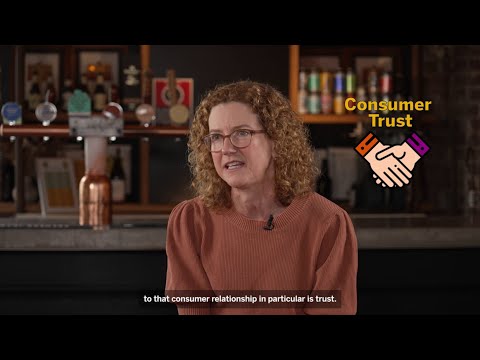
Q: Lion prides itself on pioneering innovation in the brewing industry. What does it mean for Lion to be future-ready?
Davidson: Lion has been brewing beers in Australia and New Zealand for more than 150 years and has been pioneering change the whole time. Our Castlemaine Perkins brewery in Brisbane dates back to 1878, and the Tooheys location nearby is even older, opening in 1869.
It’s been a long journey and it’s been really important to us that our customers come on that journey with us. Fundamental to that relationship is trust. It goes back to the trust equation – that trust is based on credibility, reliability, and intimacy. Most important to that is creating intimacy.
If our customers can sense that feeling of care and understanding they’ll keep buying our brands as we innovate and adapt.
Another area we know Lion is investing in is sustainability. How are you driving sustainability in your business?
I think sustainability is one of the big issues of our time. The community and consumers are increasingly concerned about the impact our changing environment has, and they want to play their part in addressing a challenge facing our whole planet. Not just that, but they want businesses to do more too.
Lion has found that being a force for good has become more and more important to us over the last few years. That agenda covers both the social side and the environmental side.
We were very proud to achieve the Carbon Neutral certification across all of our operations in Australia and New Zealand a couple of years ago. All of our breweries are committed to using renewable electricity by 2025, we use solar panels on brewery roofs, and we take the biogas that’s a by-product of the brewing process and we convert it back into a source of energy. It’s a wonderful circular story. And we have started to look at carbon neutral certification in our individual brands, including for our XXXX Zero non-alcoholic beer, Four Pillars gin, and our Steinlager brand in New Zealand.
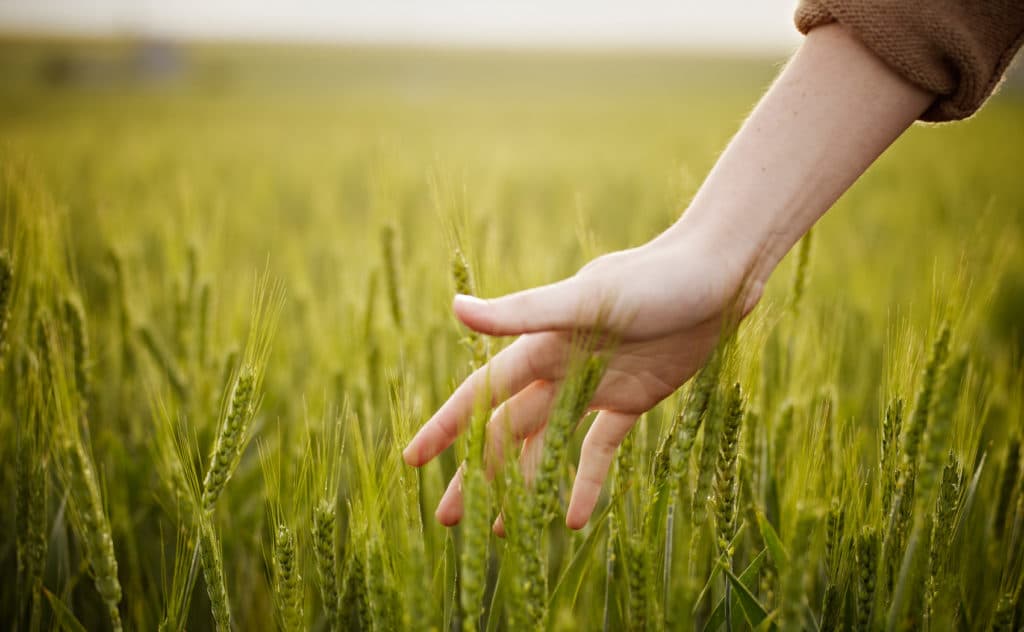
How are you driving that decarbonisation in the brewing process?
When you think about the carbon footprint of brewing a beer, the Scope 1 and 2 emissions are the emissions that we either create from the brewing process or that are related to the energy that we use to do the brewing.
But our impact goes much further than that. Scope 3 emissions are where you look up and down the value chain and think about the carbon footprint of all your stakeholders. That could be our malt suppliers, our packaging suppliers, or our hops suppliers. But it also includes looking at our partners downstream, through the organisations who take our products to market.
We aim to look at the carbon emissions of all those value chain partners and collaborate with them to minimise and decarbonise their operations so the carbon footprint of a Lion product is really managed as effectively as it can be.
How can data and technology empower Lion to be a force for good?
In the sustainability space particularly, having accurate, reliable, transparent data is critical to underpin all the commitments and promises businesses make about environmental sustainability. If organisations can’t back up those commitments with data, then they’re at risk of greenwashing.
But it can still be quite challenging to get the data in from all those value chain partners, especially when there are still different levels of maturity when it comes to recording and sharing sustainability data.
I think developing systems for the recording of that data is a real opportunity across the economy now. Technology organisations like SAP are central to the development of systems so these processes evolve from being quite manual to something that becomes a part of doing everyday business. That means sharing data right across the value chain becomes second nature to all organisations.
That’s why we’re proud to share a commitment to sustainability between Lion and SAP.
